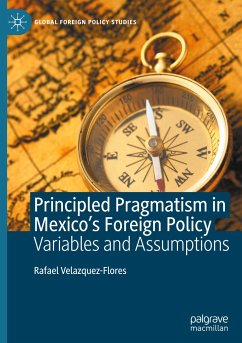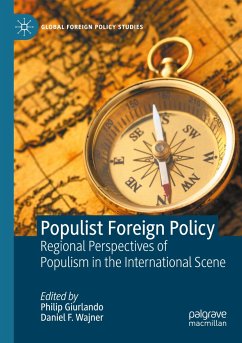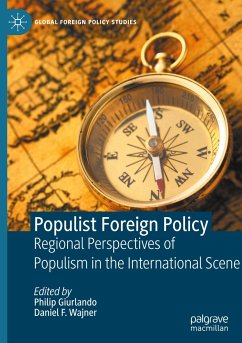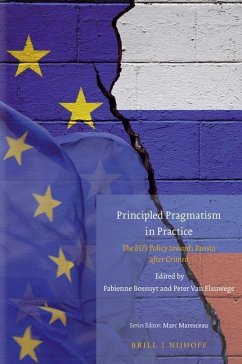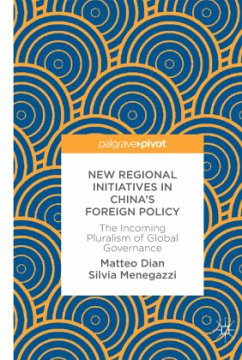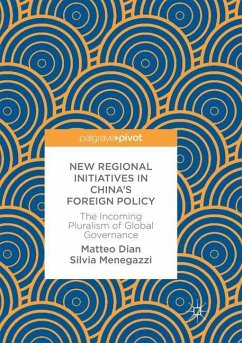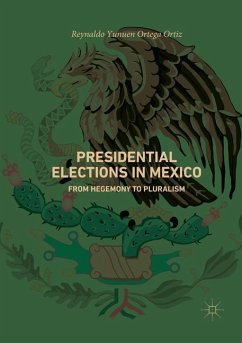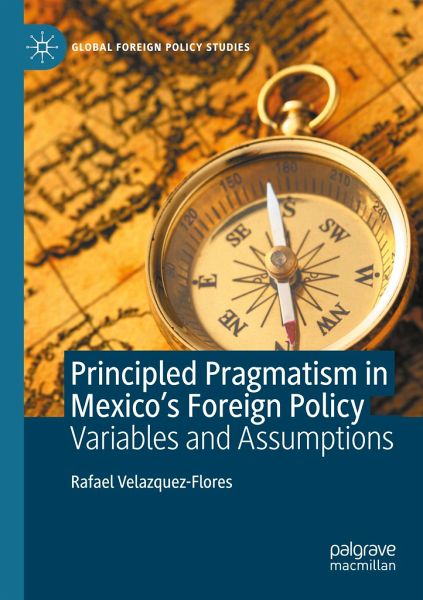
Principled Pragmatism in Mexico's Foreign Policy
Variables and Assumptions
Versandkostenfrei!
Versandfertig in 6-10 Tagen
106,99 €
inkl. MwSt.
Weitere Ausgaben:

PAYBACK Punkte
53 °P sammeln!
This book explores Mexico's foreign policy using the 'principled pragmatism' approach. It describes and explains main external actions from the country's independence in the nineteenth century to Andrés Manuel López Obrador's administration. The principal argument is that Mexico has resorted to principled pragmatism due to geographic, historical, economic, security, and political reasons. In other words, the nation uses this instrument to deal with the United States, defend national interests, appease domestic groups, and promote economic growth.The key characteristics of Mexico's principled...
This book explores Mexico's foreign policy using the 'principled pragmatism' approach. It describes and explains main external actions from the country's independence in the nineteenth century to Andrés Manuel López Obrador's administration. The principal argument is that Mexico has resorted to principled pragmatism due to geographic, historical, economic, security, and political reasons. In other words, the nation uses this instrument to deal with the United States, defend national interests, appease domestic groups, and promote economic growth.
The key characteristics of Mexico's principled pragmatism in foreign policy are that the nation projects a double-edged diplomacy to cope with external and domestic challenges at the same time. This policy is mainly for domestic consumption, and it is also linked to the type of actors that are involved in the decision-making process and to the kind of topics included in the agenda. This principled pragmatism is related to the nature of theintention: principism is deliberate and pragmatism is forced; and this policy is used to increase Mexico's international bargaining power.
The key characteristics of Mexico's principled pragmatism in foreign policy are that the nation projects a double-edged diplomacy to cope with external and domestic challenges at the same time. This policy is mainly for domestic consumption, and it is also linked to the type of actors that are involved in the decision-making process and to the kind of topics included in the agenda. This principled pragmatism is related to the nature of theintention: principism is deliberate and pragmatism is forced; and this policy is used to increase Mexico's international bargaining power.





